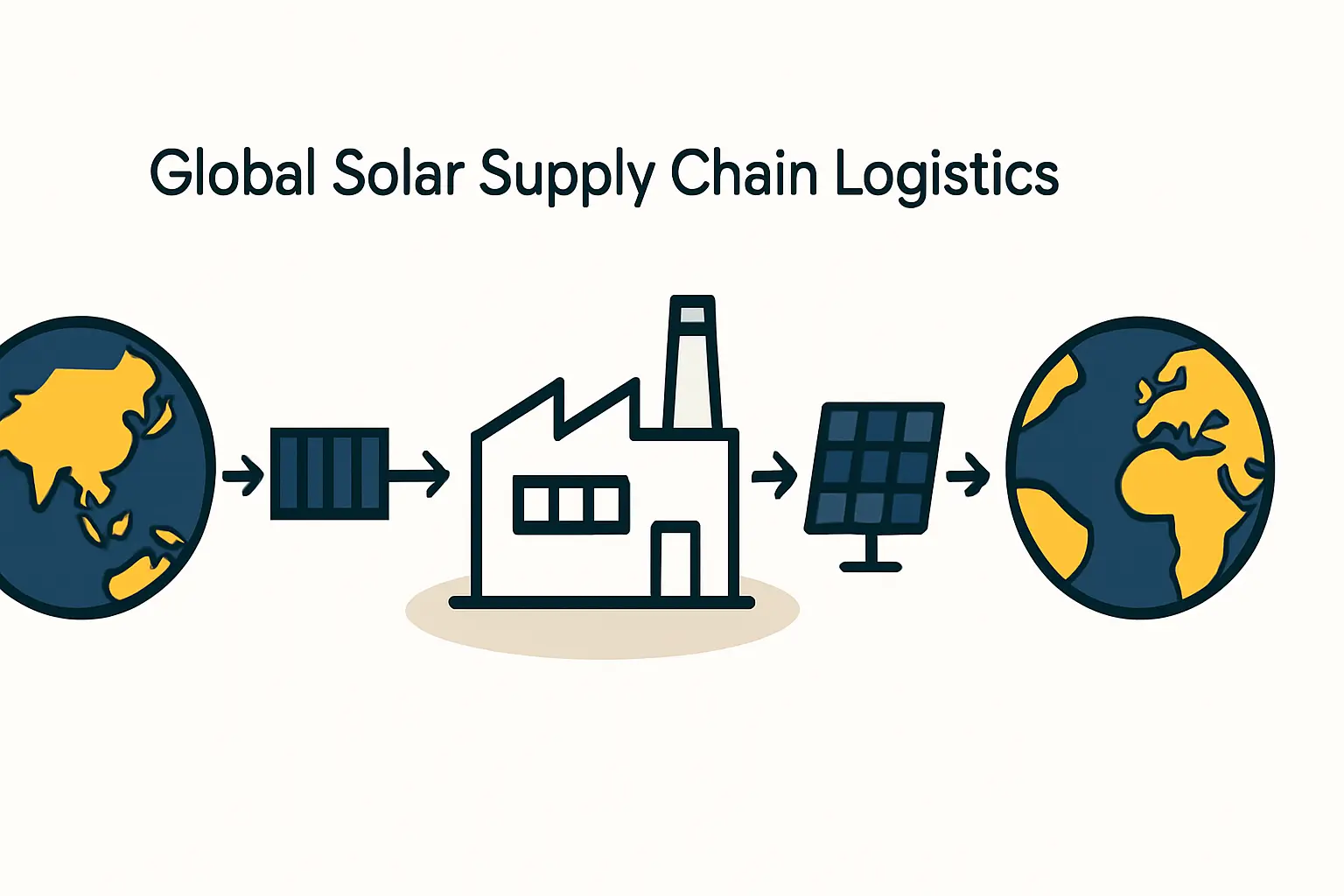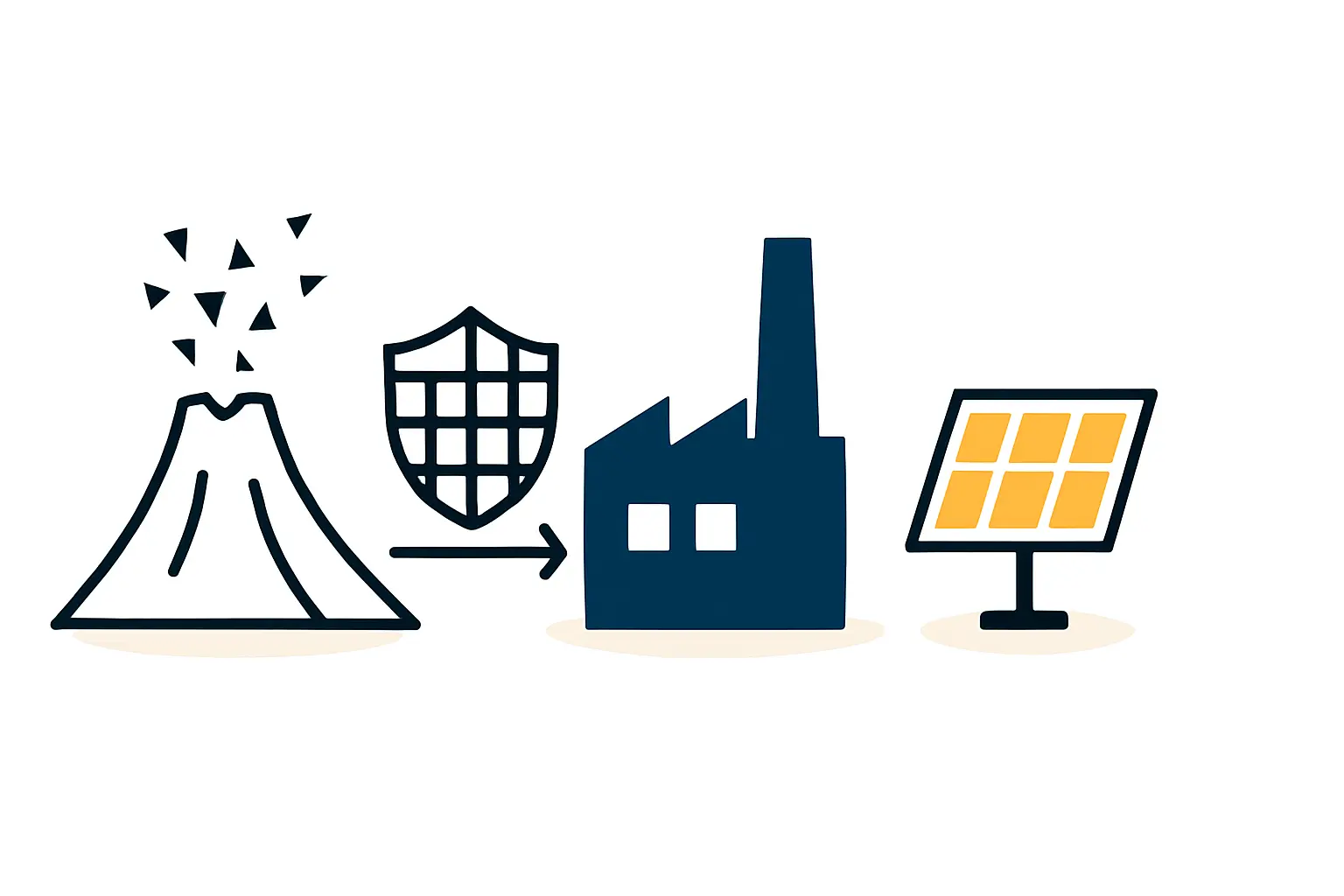World’s First Space-Based Solar Power Plant
Harwell-based Space Solar has signed a historic agreement to build the world’s first space-based solar power plant. Set to become operational by 2030, the project will deliver clean electricity to Iceland. This ambitious collaboration with Icelandic firm Transition Labs will power Reykjavik Energy’s grid, starting with an initial capacity of 30 MW.
The development represents a major leap forward in renewable energy, as Space Solar’s innovative technology aims to revolutionize how we harness energy from the sun. By using a solar power system that orbits the Earth, the company can capture sunlight without the limitations faced by ground-based systems.
The captured energy is then transmitted wirelessly to stations on the ground via high-frequency radio waves.
As global energy demand continues to rise, the need for sustainable solutions has never been greater. Space Solar’s cutting-edge system could become a game-changer in the race toward a carbon-neutral future. While traditional solar power systems are limited by weather and daylight hours, space-based solar power operates 24/7, offering a constant and reliable energy source.
Ready to make big Profits?
The solar Industry is Booming
WE HELP NEWCOMERS to the solar industry start their own solar module production line. Customers can make BIG PROFITS by selling modules and finding investors, without wasting money and time on things they don't need!
The significance of this project cannot be overstated. If successful, it would mark the beginning of a new era in energy production. Martin Soltau, co-CEO of Space Solar, emphasized the potential of this technology: “Space-based solar power offers unparalleled benefits with competitive energy costs and 24/7 availability.”
Global Impact of Space Solar Power
Reykjavik Energy’s decision to partner with Space Solar underscores the Icelandic utility’s commitment to sustainability. The company has a strong track record of adopting forward-thinking energy technologies, including its expertise in carbon capture through Carbfix and its partnership with Climeworks—a leader in carbon dioxide removal.
Kjartan Örn Ólafsson, CEO of Transition Labs, said, “The collaboration with Reykjavik Energy marks a key milestone in Space Solar’s journey toward full-scale deployment.” He added that Reykjavik Energy is the perfect partner for the first phase of this project due to its innovative approach to climate technology.
Beyond Iceland, Space Solar’s technology could have a profound impact on the global energy market. An independent analysis by Imperial College London highlighted the potential of space-based solar power in the UK. The report found that including 8 GW of space-based solar energy in the UK’s energy mix could reduce system costs by over £4 billion annually.
This significant cost reduction is due to the constant supply of electricity from space, which eliminates the need for backup power from more expensive and less sustainable sources. The competitive pricing of space-based solar energy, combined with its reliability, makes it a strong contender in the future of global energy production.
The Road to 2030
Space Solar’s project is slated to be operational by 2030, marking the beginning of a new chapter in clean energy production. While the initial capacity of 30 MW may seem small, this is only the first phase. Future expansions could see much larger power plants orbiting the Earth, providing even more electricity to countries worldwide.
In the meantime, Space Solar continues to perfect its technology for large-scale deployment. The company is optimistic that space-based solar power will play a key role in meeting the world’s growing energy needs.
Soltau is confident that this breakthrough will pave the way for broader adoption: “Reykjavik Energy’s recognition of the potential for space-based solar to drive the energy transition is exciting, and we’re thrilled to be working together in partnership toward a sustainable future.”
The deal between Space Solar and Reykjavik Energy marks a monumental shift in how the world approaches renewable energy. By providing a constant energy source independent of weather or time of day, the partnership represents a significant step toward a cleaner, more sustainable future, with the first plant set to become operational by 2030.



